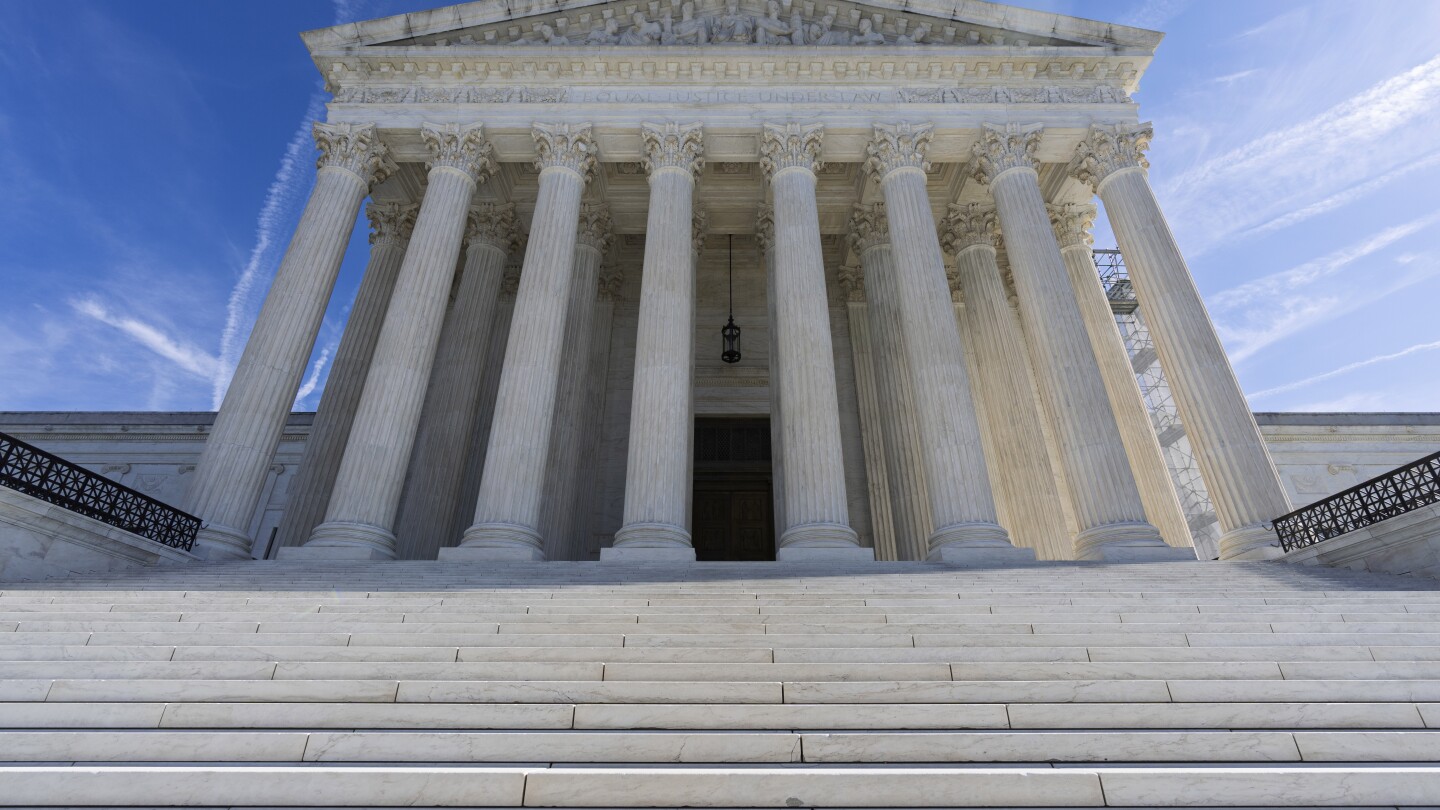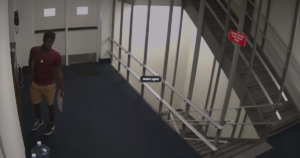In a recent Supreme Court session, justices appeared unconvinced that federal regulators had misled vaping companies when denying approval for sweet-flavored vaping products, amidst concerns over rising teen vaping rates. This session raised questions about the Food and Drug Administration’s (FDA) recent crackdown, which led to the rejection of over a million nicotine products with flavors reminiscent of fruit, dessert, or candy. Although teen vaping has decreased to its lowest point in a decade, the FDA’s stance might shift with the incoming administration of President-elect Donald Trump, who has vowed to “save” vaping.
The vaping industry has consistently marketed its products as alternatives to help adults quit smoking traditional cigarettes, claiming that the FDA abruptly altered its standards without ample notice, subsequently halting the sale of numerous flavored products. Justice Elena Kagan expressed skepticism, stating, “I guess I’m not really seeing what the surprise is here. You knew what the FDA’s point of view was … that blueberry vapes are really problematic in terms of youth smoking.”
Despite the FDA’s slow initial response to the burgeoning vaping market, flavored vapes remain widely accessible even years into regulatory efforts. The FDA maintains that companies were denied approval because they failed to demonstrate a net public benefit for flavored vapes as required by law. Nonetheless, the FDA has approved some tobacco-flavored vapes and recently allowed the sale of menthol-flavored e-cigarettes for adult smokers, upon receiving data indicating their efficacy in aiding smoking cessation, according to Deputy Solicitor General Curtis Gannon.
The Supreme Court’s involvement follows the FDA’s appeal against a decision from the 5th Circuit Court of Appeals, which overturned one of its denials. Unlike other courts that dismissed vaping company lawsuits, the 5th Circuit ruled in favor of Dallas-based Triton Distribution, permitting the sale of flavored e-juices such as “Jimmy The Juice Man in Peachy Strawberry” and “Suicide Bunny Mother’s Milk and Cookies.”
Justice Neil Gorsuch pondered whether the FDA had provided companies a fair opportunity to present their cases, noting the potential impact on businesses. Meanwhile, Justice Brett Kavanaugh expressed concern about available remedies for companies if agencies issue misleading guidance, though he noted the FDA was not obliged to provide guidance in this instance. “I’m trying to figure out what the legal error is here,” Kavanaugh remarked, highlighting that companies could reapply for sales authorization, although Triton’s legal representative, Eric Heyer, indicated that the lengthy process could lead to business closures.
The Supreme Court has generally scrutinized the authority of federal regulators, including by overturning the Chevron doctrine, which required judicial deference to agency interpretations of the law. Justice Amy Coney Barrett questioned whether the vaping companies sought to extend this concept further. “It’s almost a reverse Chevron deference, except we’re deferring to the applicant,” she observed. The court’s decision on this matter is anticipated in the coming months.






